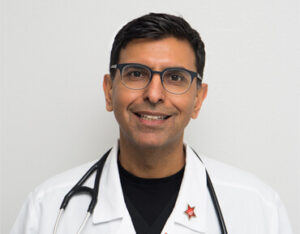 The Tampa cardiovascular physicians and employees at Tampa Cardiovascular Associates are committed to providing our patients with the best available programs for the prevention, diagnosis, and treatment of artery and vein diseases.
The Tampa cardiovascular physicians and employees at Tampa Cardiovascular Associates are committed to providing our patients with the best available programs for the prevention, diagnosis, and treatment of artery and vein diseases.
Our physicians maintain Board Certifications and are Affiliate Associate Professors in the USF College of Medicine, Department of Cardiology Our office labs are certified by ICAEL, ICANL, and ICAVL. Our advanced in-office testing includes a Phillips iE33 which allows us to perform 3D echocardiograms along with strain and speckle tracking. We also perform stress echocardiograms, nuclear stress testing (using a GVI nuclear stress machine which allows the patient the comfort of sitting up during testing), exercise stress testing, micro T wave Alternans, electrocardiograms, Holter monitoring, event monitoring, tilt table testing, 24 hour blood pressure monitoring, and pacemaker/ICD checks.
Dr. Sawar joined Tampa Cardiovascular Associates in 2009 and is currently a managing partner of the practice.
Following a residency in Cardiology at the University of South Florida, Dr. Sawar completed a Fellowship in Interventional Cardiology at Yale University. He holds 3 Board Certifications in Interventional Cardiology, Cardiovascular Diseases, and in Internal Medicine, and is a Fellow of the American College of Cardiology (FACC). Dr. Sawar is also a Clinical Assistant Professor at the University Of South Florida School Of Medicine. He has a keen interest in structured heart disease and is a senior member of TAVR team which also performs MitraClip procedures. Dr. Sawar also performs Peripheral intervention, Vein intervention, Watchman procedure, Pacemaker Implant, Defibrillator Implant and performs complex angioplasty procedures of the heart.
Visit www.TampaCardio.com to learn more or schedule your appointment.


 This syndrome can mimic a panic attack or a heart attack.
This syndrome can mimic a panic attack or a heart attack.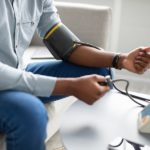
 The Pressure is on!
The Pressure is on!


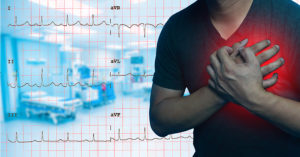 There is a good chance that you will feel a heart arrhythmia at some point in your lifetime. A large percentage of the population will experience abnormal heart beats. Most of the time these off beats are harmless. They can happen in perfectly healthy people who show no sign of heart disease. There are, however, some types of heartbeat abnormalities that can be serious and even potentially deadly. Heart disease also raises the risk of fluctuations.
There is a good chance that you will feel a heart arrhythmia at some point in your lifetime. A large percentage of the population will experience abnormal heart beats. Most of the time these off beats are harmless. They can happen in perfectly healthy people who show no sign of heart disease. There are, however, some types of heartbeat abnormalities that can be serious and even potentially deadly. Heart disease also raises the risk of fluctuations.
 The professional Cardiologists at Tampa Cardiovascular Associates of Tampa Bay, Florida are here for you.
The professional Cardiologists at Tampa Cardiovascular Associates of Tampa Bay, Florida are here for you.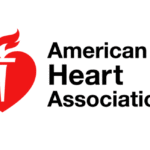
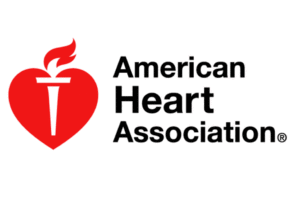 Lifestyle has a huge effect on your health and wellbeing.
Lifestyle has a huge effect on your health and wellbeing.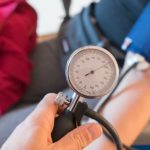
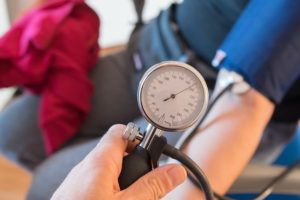 Essential hypertension is the blanket term used when no root cause is found for high blood pressure. As many as 95% of all high blood pressure falls into this category.
Essential hypertension is the blanket term used when no root cause is found for high blood pressure. As many as 95% of all high blood pressure falls into this category.
 Infective Endocarditis is an infection of the endocardium, by way of bacteria or fungus. It often leads to the onset of symptoms such as fever, anemia, heart murmurs, petechiae, and embolic phenomena.
Infective Endocarditis is an infection of the endocardium, by way of bacteria or fungus. It often leads to the onset of symptoms such as fever, anemia, heart murmurs, petechiae, and embolic phenomena.
 Ready to take the leap and commit to heart health? It isn’t as challenging as you think. Just follow these tips for ultimate heart health!
Ready to take the leap and commit to heart health? It isn’t as challenging as you think. Just follow these tips for ultimate heart health!